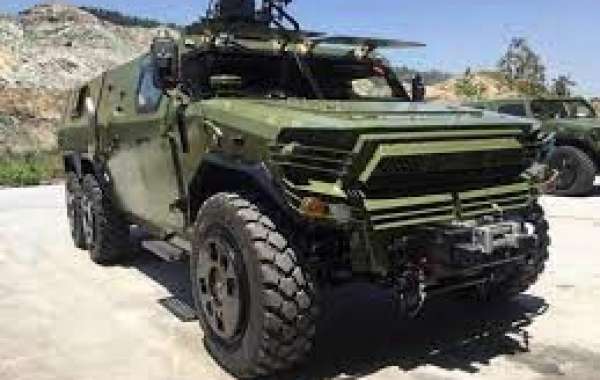In an ever-evolving world where security is paramount, the demand for armored vehicles has seen a significant rise. Whether it's for personal safety or protecting valuable assets, shopping for an armored car requires careful consideration. This ultimate guide aims to provide comprehensive insights into the factors, features, and considerations involved in selecting the perfect armored vehicle.
Determine Your Security Needs: Begin by identifying the specific security needs that prompt the purchase of an armored car. Consider the level of threat, potential scenarios, and the type of protection required – whether it be against ballistic threats, explosive devices, or both.
Understand Armoring Levels: Armored cars come with various levels of protection, designated by international standards. Understanding these levels, such as the Ballistic Protection Levels (B1-B7) and Explosive Protection Levels (ER, STANAG), is crucial. Selecting the appropriate level ensures the vehicle meets the necessary safety requirements.
Consider the Vehicle Type: Armored protection can be integrated into various vehicle types, including sedans, SUVs, trucks, and even luxury cars. Choose a vehicle type that aligns with your preferences, usage, and the level of protection required.
Evaluate Performance and Maneuverability: Armored vehicles often carry additional weight due to the protective features. Assess the vehicle's performance and maneuverability to ensure it meets your driving expectations. Look for features such as reinforced suspension, upgraded brakes, and powerful engines.
Check Certification and Compliance: Verify that the armored car complies with relevant safety standards and regulations. Certifications from recognized bodies and compliance with industry standards are essential indicators of the vehicle's quality and safety.
Examine Ballistic Materials Used: Armored cars employ various ballistic materials such as hardened steel, Kevlar, or ceramic composites. Understanding the materials used in the construction helps in assessing the overall protection level and durability of the vehicle.
Explore Additional Security Features: Beyond ballistic protection, armored cars can offer additional security features. Look for advanced security systems, emergency exit options, run-flat tires, and integrated communication systems to enhance overall safety.
Consider the Maintenance and Support: Armored vehicles require specialized maintenance and support. Ensure that the manufacturer or dealer provides comprehensive support services, including maintenance schedules, spare parts availability, and technical assistance.
Budgetary Considerations: Armored cars come with varying price ranges depending on the level of protection and features. Establish a budget early on, considering both the initial purchase cost and ongoing maintenance expenses.
Research Reputable Manufacturers and Dealers: Conduct thorough research on reputable manufacturers and dealers with a history of delivering high-quality armored vehicles. Read reviews, seek recommendations, and assess their customer support services before making a final decision.
Conclusion:
Shop armored car for sale requires a meticulous approach to ensure that the selected vehicle aligns with your security needs, preferences, and budget. By considering the factors mentioned in this ultimate guide, you can make an informed decision and invest in a reliable and secure armored vehicle.




